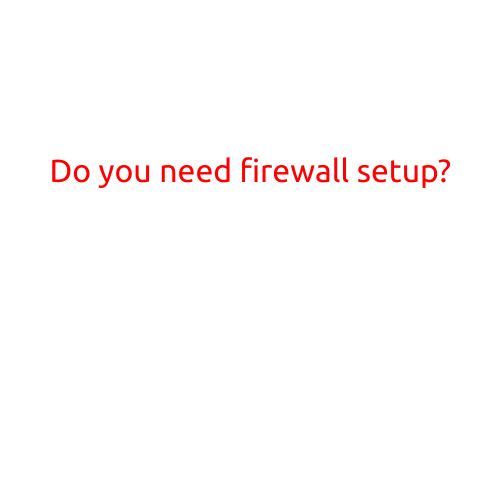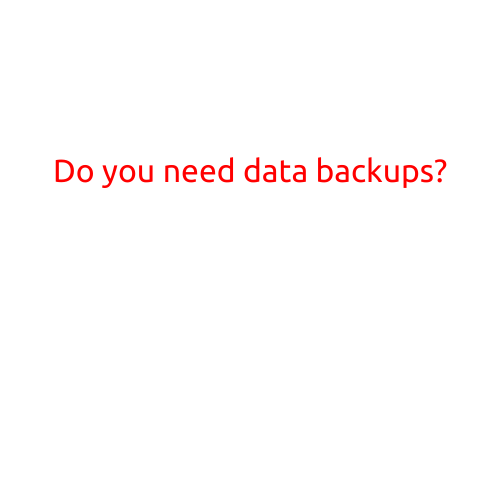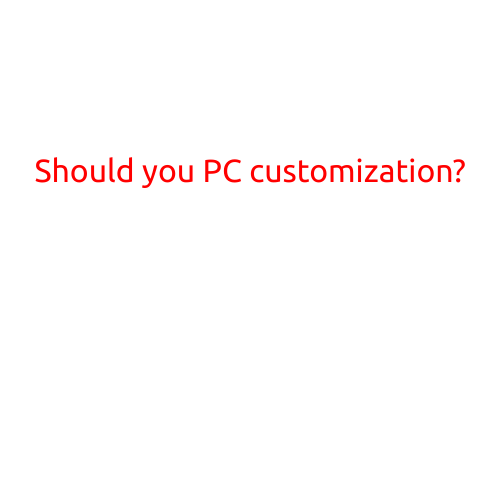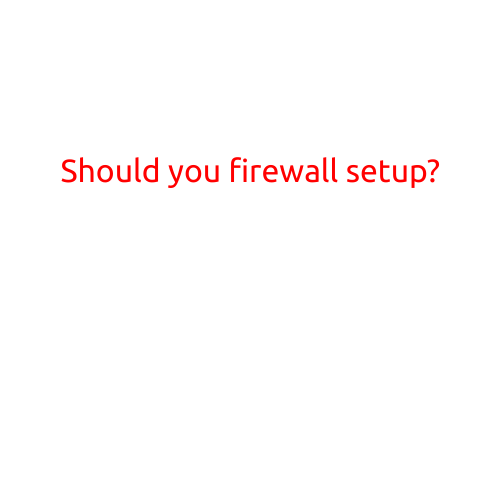
Do You Need a Firewall Setup?
In today’s digital age, cybersecurity is a top priority for individuals, businesses, and organizations alike. One of the most effective ways to safeguard your online presence is by setting up a firewall. But, do you really need a firewall setup? Let’s dive into the details to help you make an informed decision.
What is a Firewall?
A firewall is a network security system that monitors and controls incoming and outgoing network traffic based on predetermined security rules. It acts as a barrier between your internal network and the internet, preventing unauthorized access to your devices, data, and applications.
What are the Benefits of a Firewall Setup?
- Protection from Unauthorized Access: Firewalls block malicious traffic from reaching your internal network, preventing hackers from stealing sensitive information, installing malware, or launching attacks on your system.
- Network Segmentation: Firewalls enable you to segment your network into separate zones, allowing you to isolate sensitive areas and restrict access to specific resources.
- Protection from DDoS Attacks: Firewalls can help mitigate the effects of Distributed Denial of Service (DDoS) attacks by filtering out traffic and preventing your network from being overwhelmed.
- Improved Compliance: Firewalls help organizations meet regulatory requirements by providing transparent logging and auditing capabilities.
Who Needs a Firewall Setup?
- Home Users: If you have a home network with multiple devices, a firewall setup can help protect your sensitive data and prevent unauthorized access.
- Small Businesses: Small businesses with limited IT resources can benefit from a firewall setup to protect their network and data from potential threats.
- Online Merchants: E-commerce businesses that process credit card transactions or handle sensitive customer data require a firewall setup to ensure secure transactions and protect against data breaches.
- Organizations with Confidential Data: Organizations that handle confidential or sensitive information, such as government agencies, financial institutions, or healthcare providers, require a firewall setup to ensure the protection of sensitive data.
What are the Types of Firewalls?
- Network Firewalls: These firewalls monitor and control incoming and outgoing network traffic based on predetermined security rules.
- Host-Based Firewalls: These firewalls are installed on individual devices and monitor and control incoming and outgoing network traffic at the host level.
- Cloud Firewalls: These firewalls are managed and integrated into cloud-based infrastructure, providing secure networking and traffic management capabilities.
Conclusion
In conclusion, a firewall setup is essential for anyone who uses the internet and needs to protect their network, data, and devices from potential threats. Whether you’re a home user, small business, online merchant, or organization with confidential data, a firewall setup provides an additional layer of security against unauthorized access, malware, and other cyber threats. By understanding the benefits and types of firewalls, you can make an informed decision about whether you need a firewall setup and take the necessary steps to secure your online presence.





